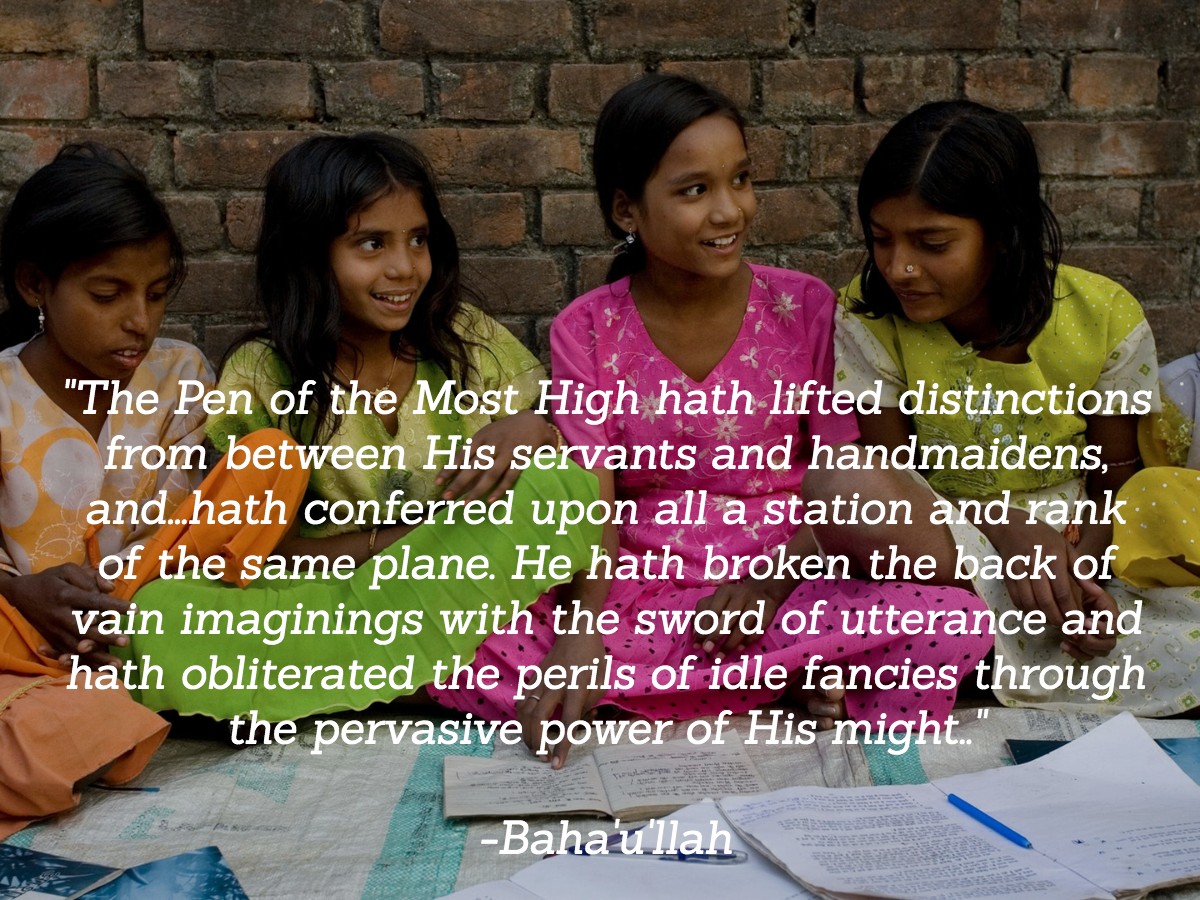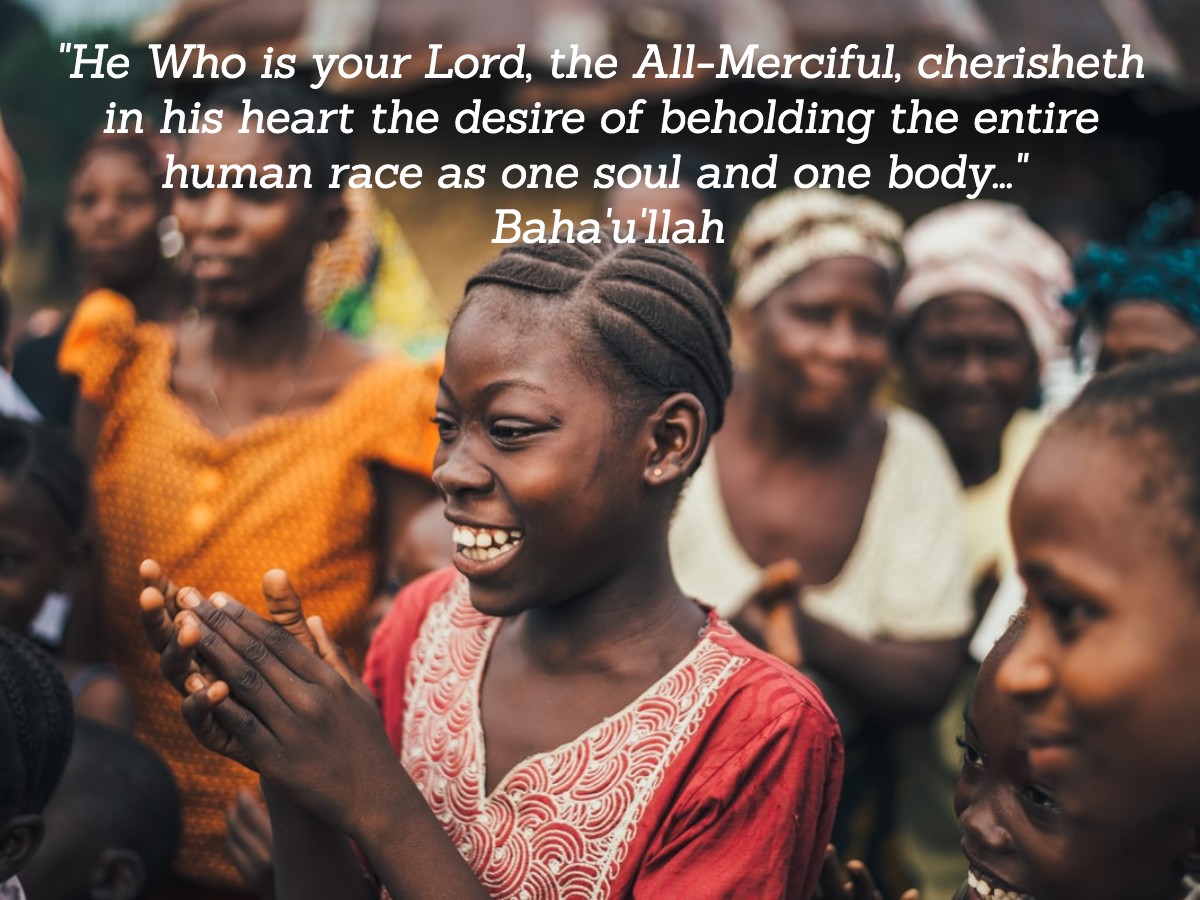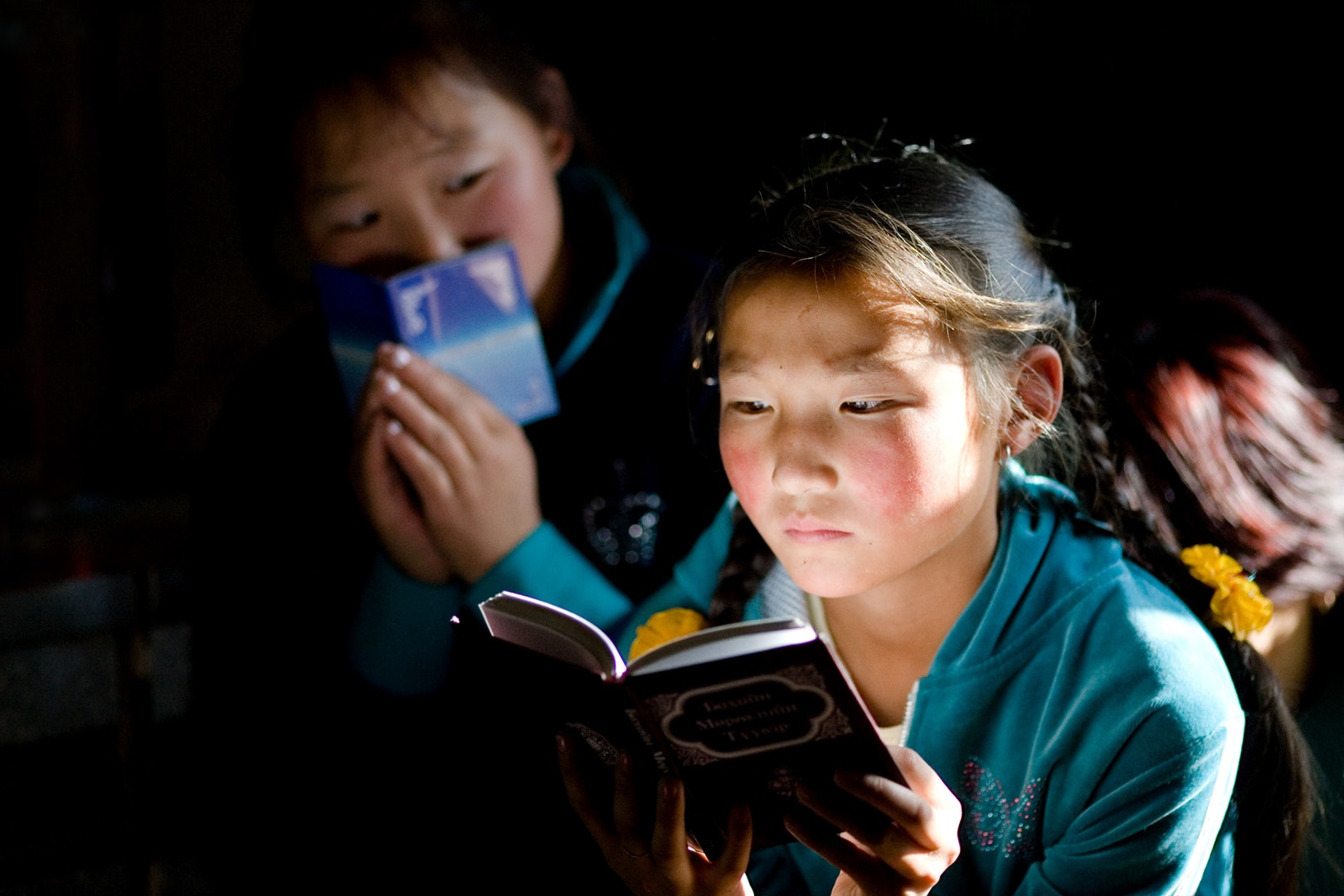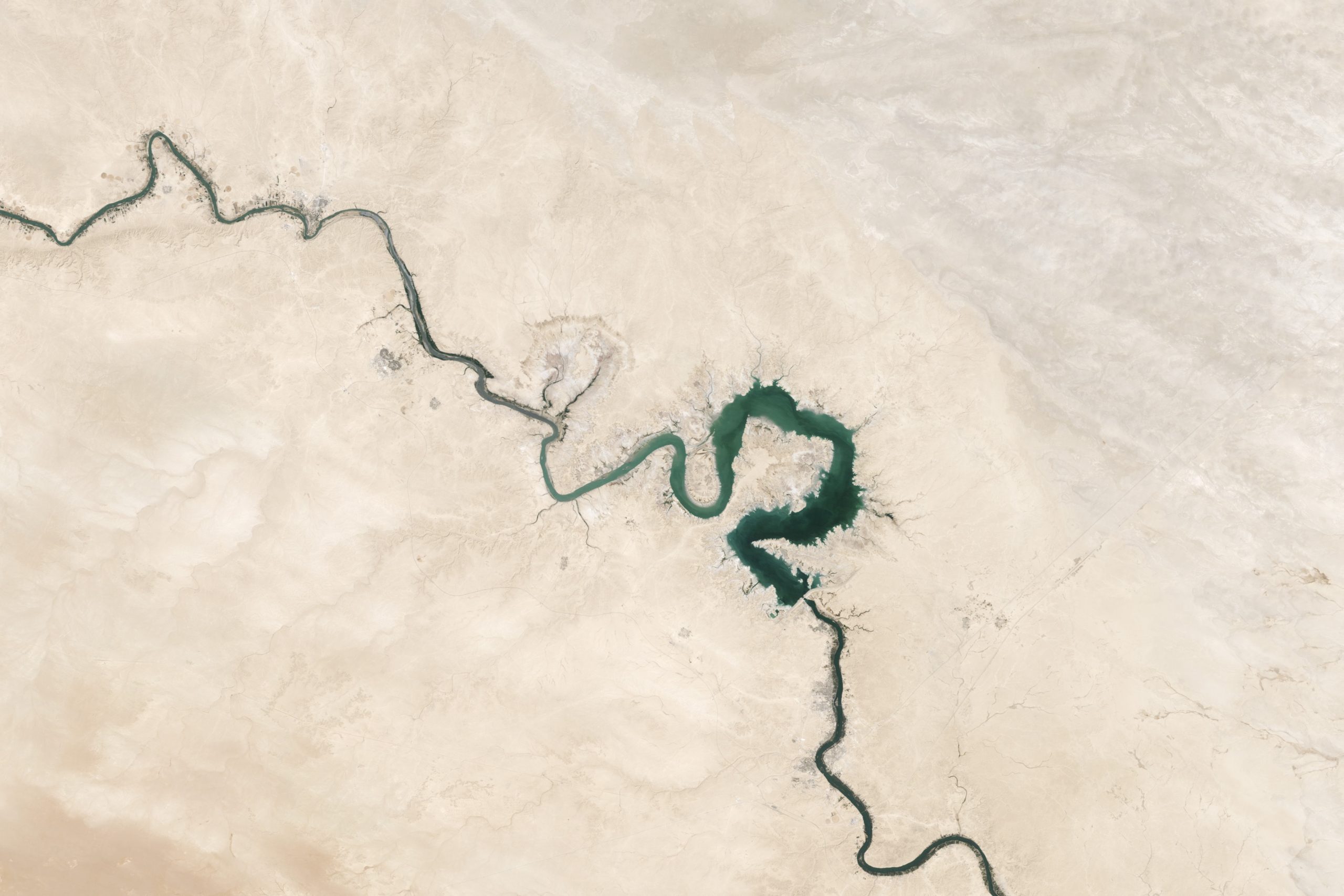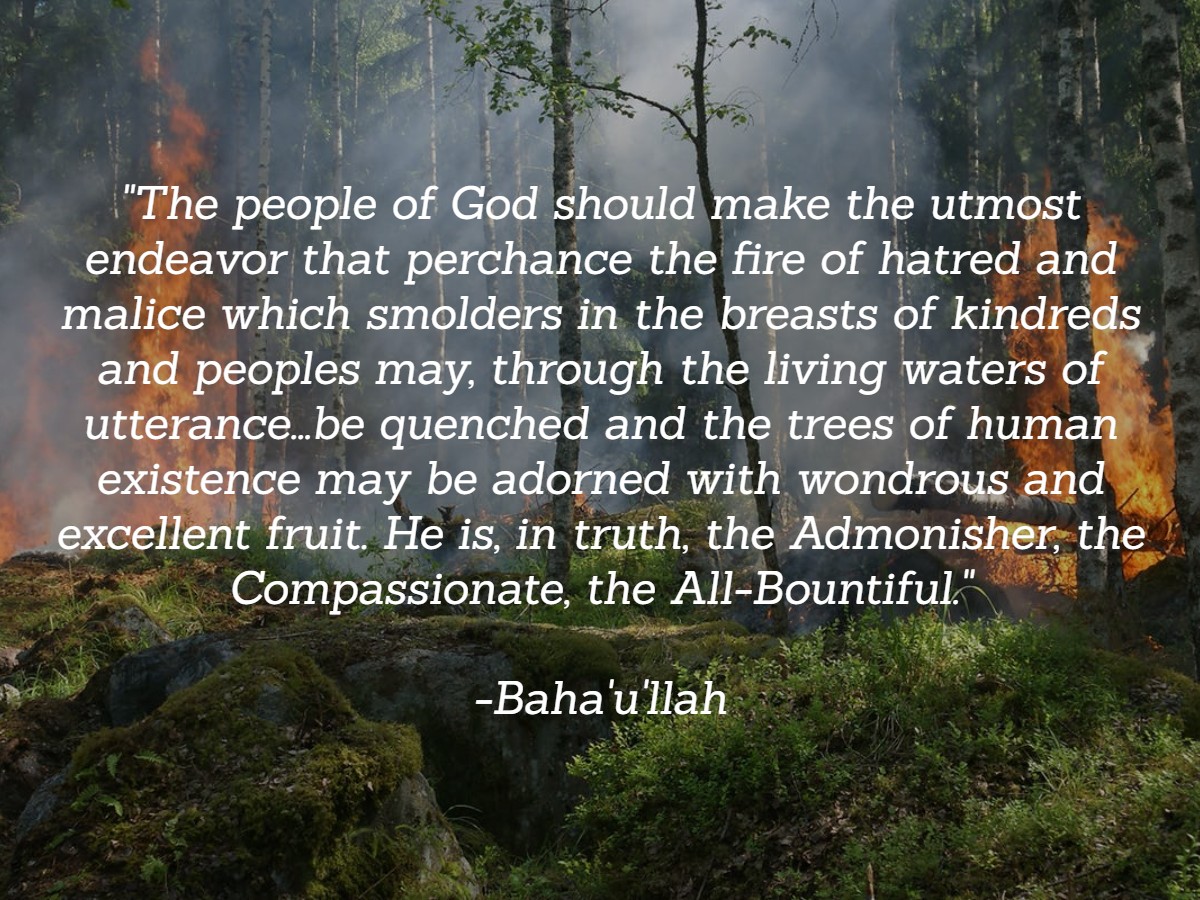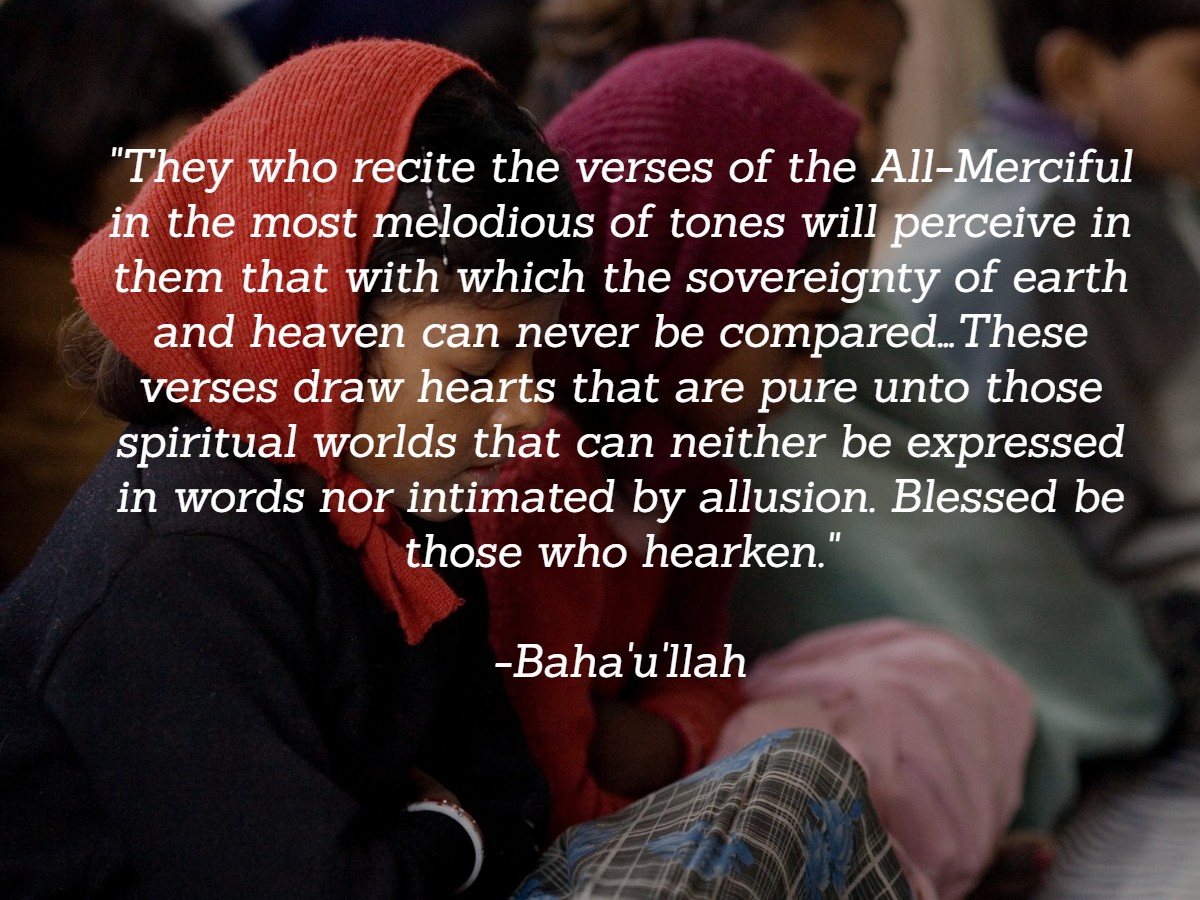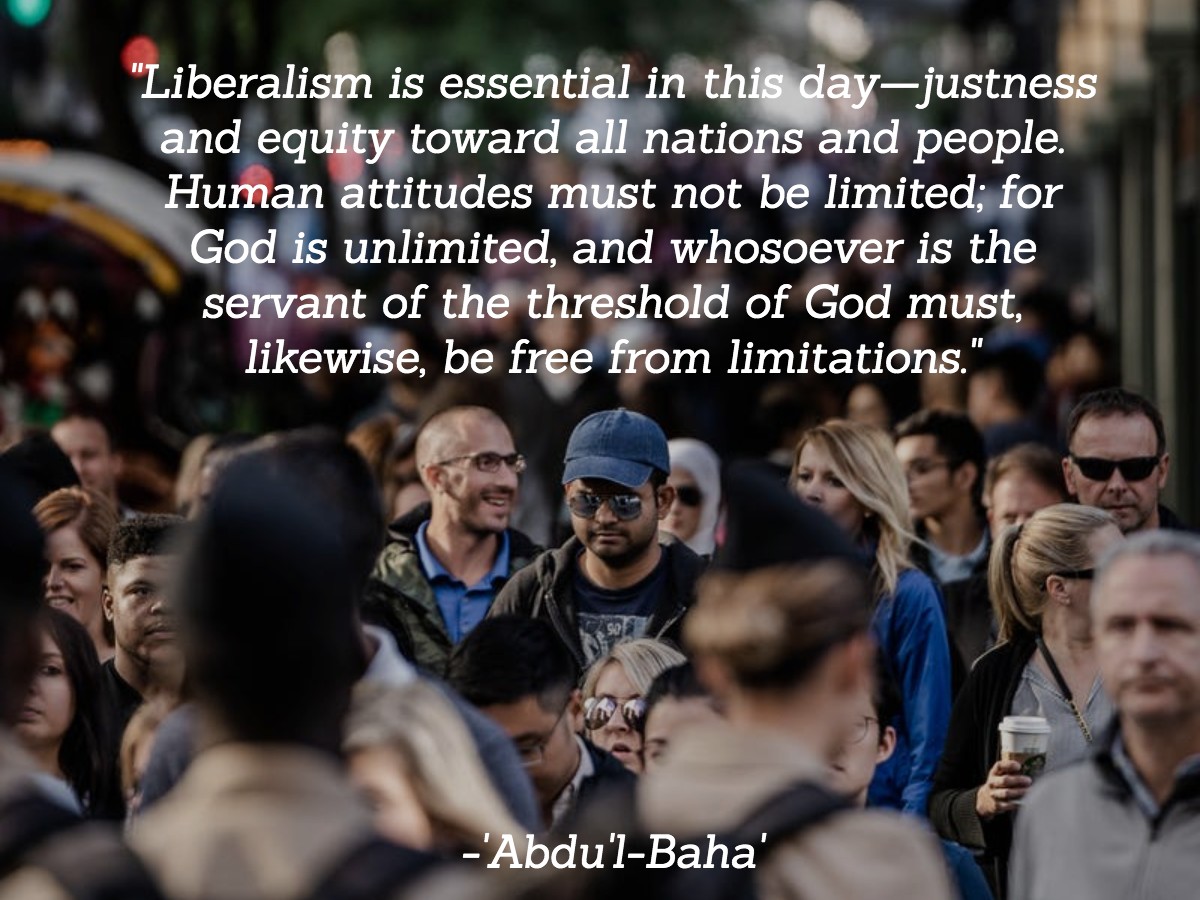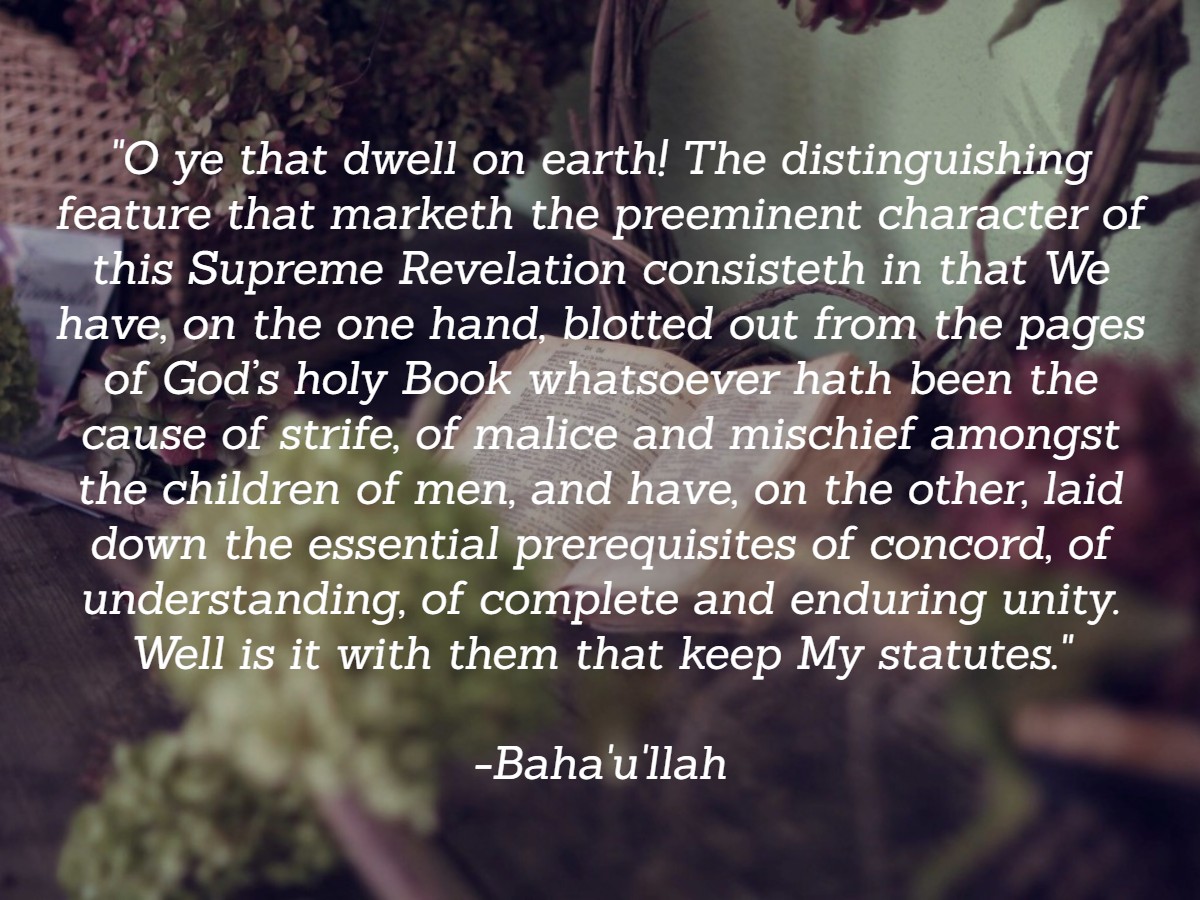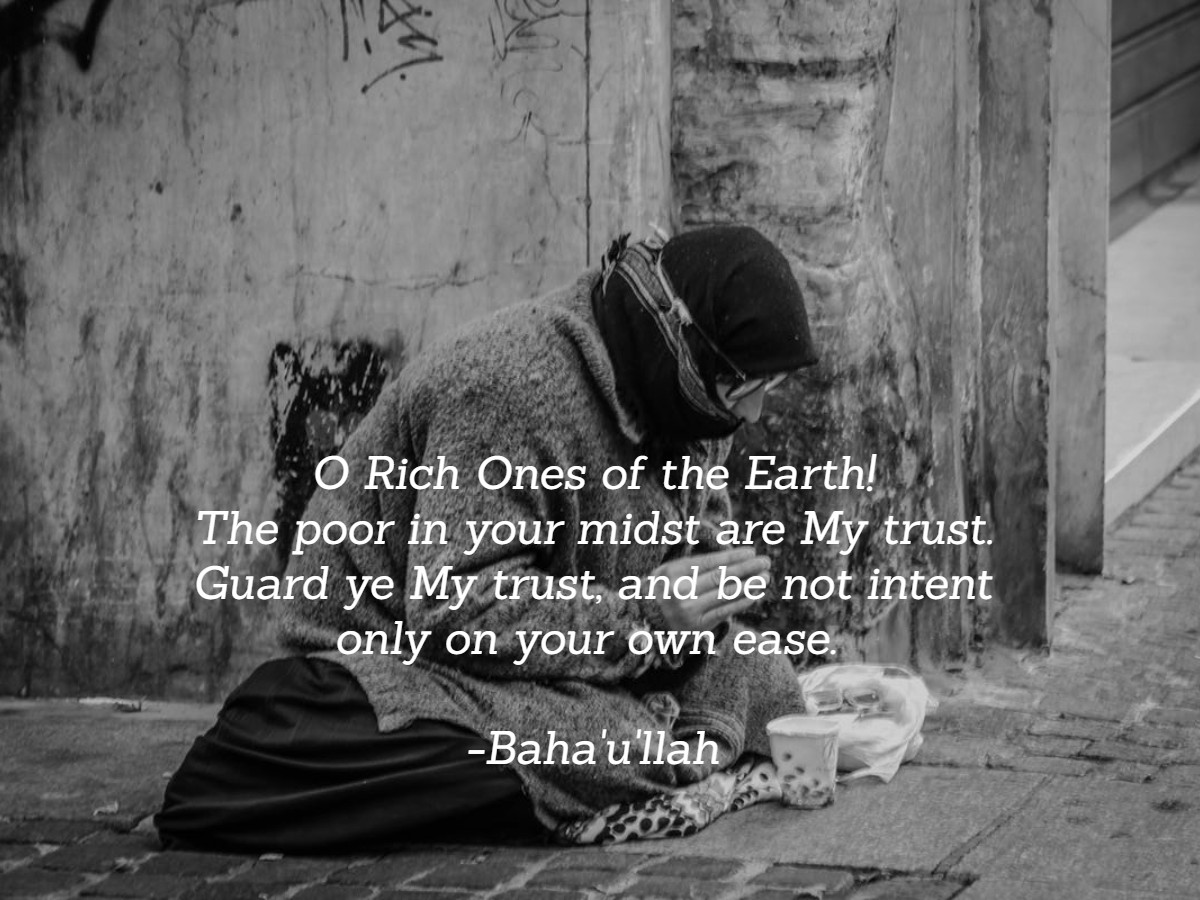Did you know that God ordained the equality of men and women? In the statement above, Baha’u’llah declared that men and women were not only equal before God, but should be given equal opportunities in society as well. This became a fundamental social principle of His Revelation. Both men and women must be educated equally, and indeed ‘Abdu’l-Baha’ even said that educating women was more important than educating men, because through that means, knowledge more effectively spread throughout a society. Educated women would ensure the education of their children and the whole society would be uplifted. Work on social and economic development over the last 100 years has consistently demonstrated this to be the case. The health of a society, it’s social and economic stability, and a host of other positive factors are improved if the women are educated. ‘Abdu’l-Baha’ stated that the equality of men and women was necessary to have world peace, as women would bring different insights into the political realm, leading to greater peace among nations. He explained that, whereas in the past, humanity was ruled by force, the potent force in the future would be the intellect and spiritual and moral development, qualities in which women were often superior to men.
Just a quick note on the terminology in the passage above. The word Baha’u’llah used for women in Arabic or Persian is often translated into English as “handmaidens”. It is often used when men are referred to as “servants”. The sense in both cases is that they are both serving God. Baha’u’llah also states that the “Pen of the Most High” has removed distinctions. That refers to His own words- as the Word of God- revealed by the “Pen” of God, the “Most High”. In this case, the idea of men being superior to women is being cast as an untrue and invaluable idea- a “vain imagining” or an “idle fancy” that God has now “broken the back of” with the “sword of utterance”- the Word of God itself. This and other statements of Baha’u’llah are very important. God is telling us that it is no longer correct to use a religious argument to support a superiority of men over women, if it ever was.
Comments closed